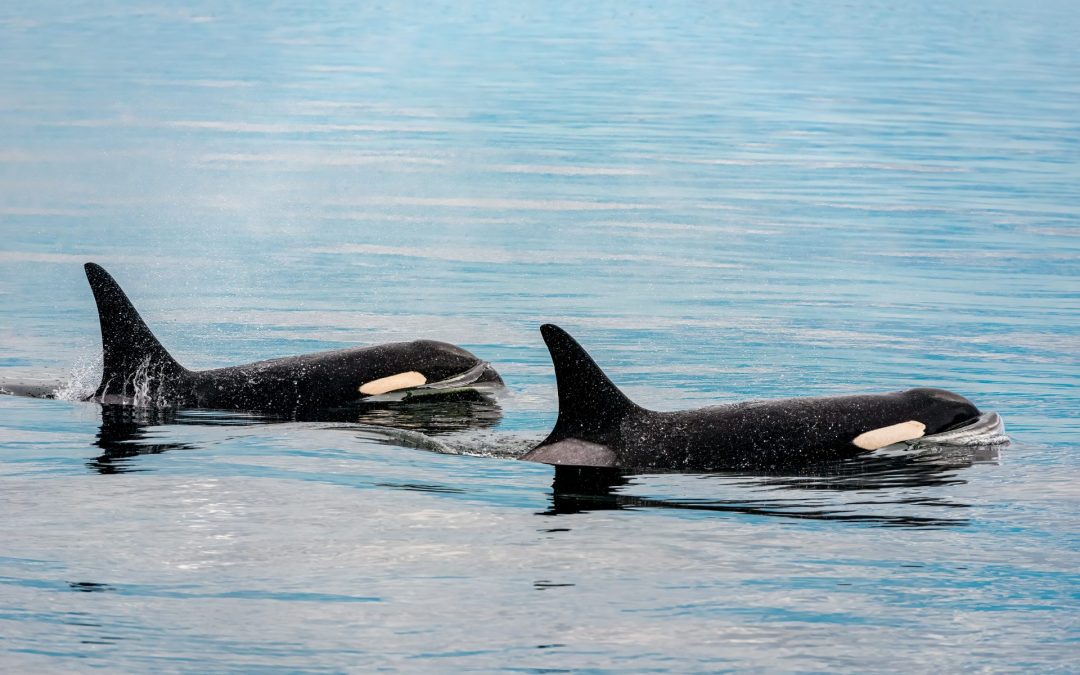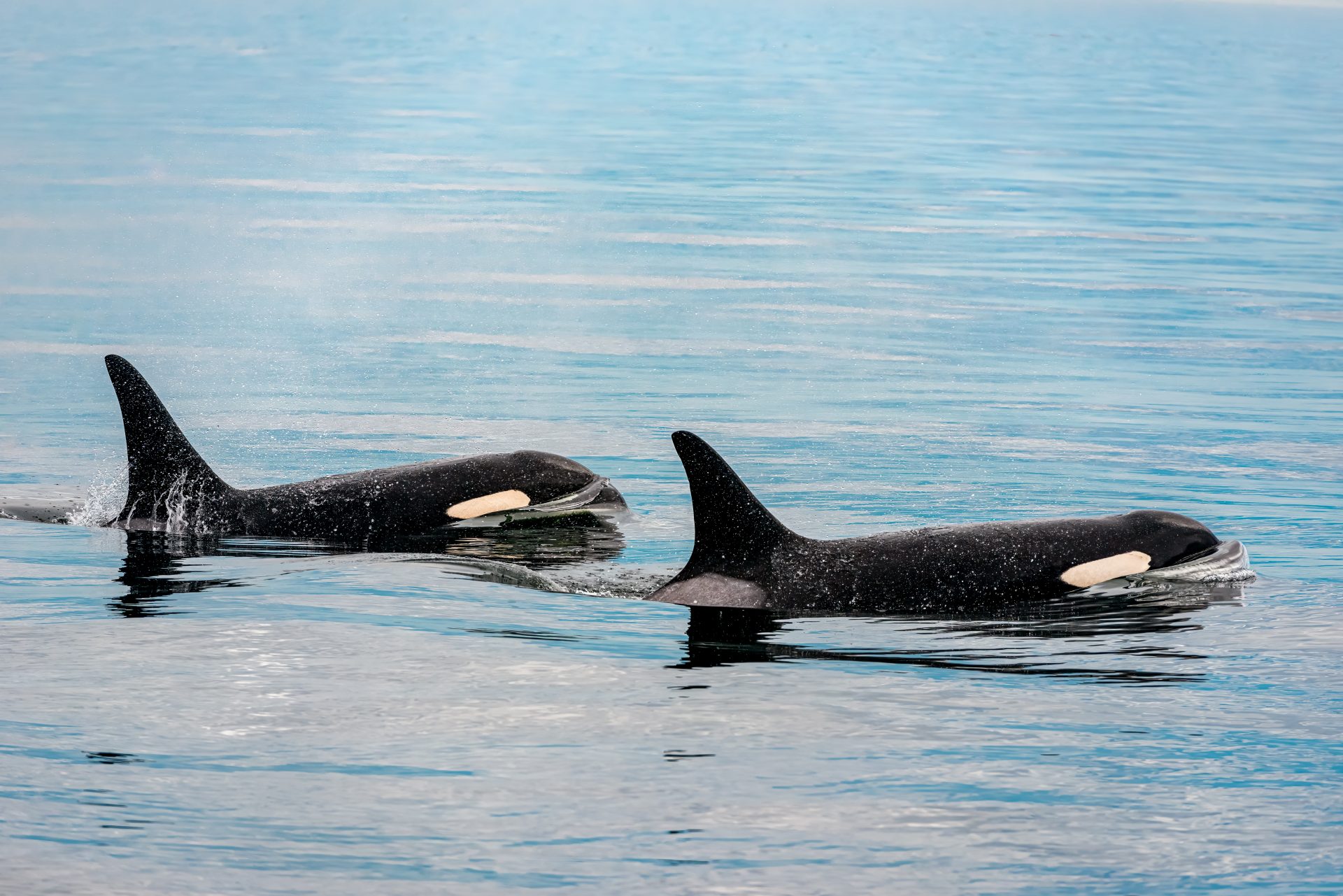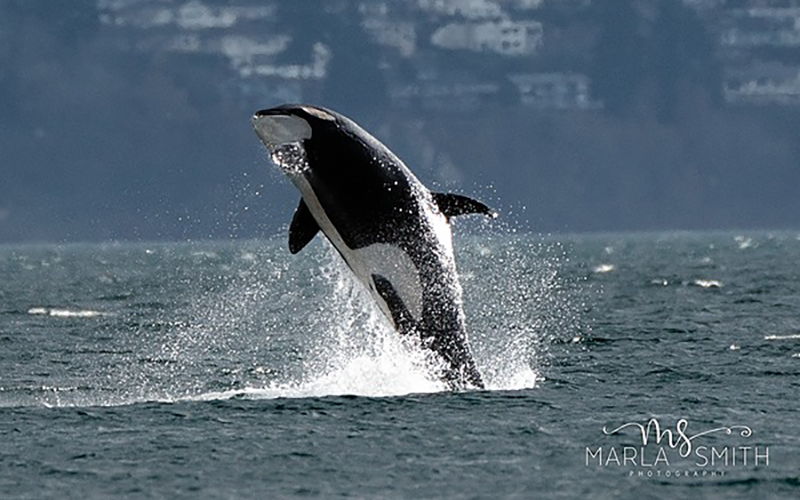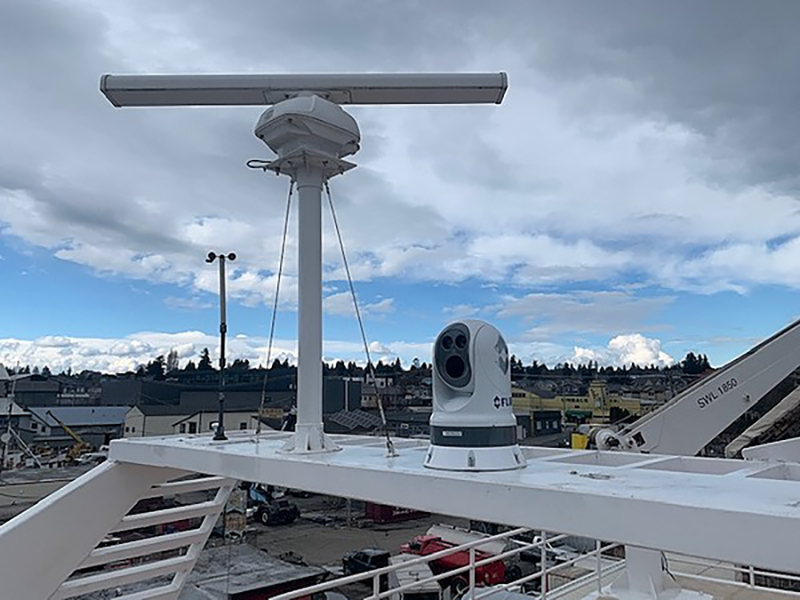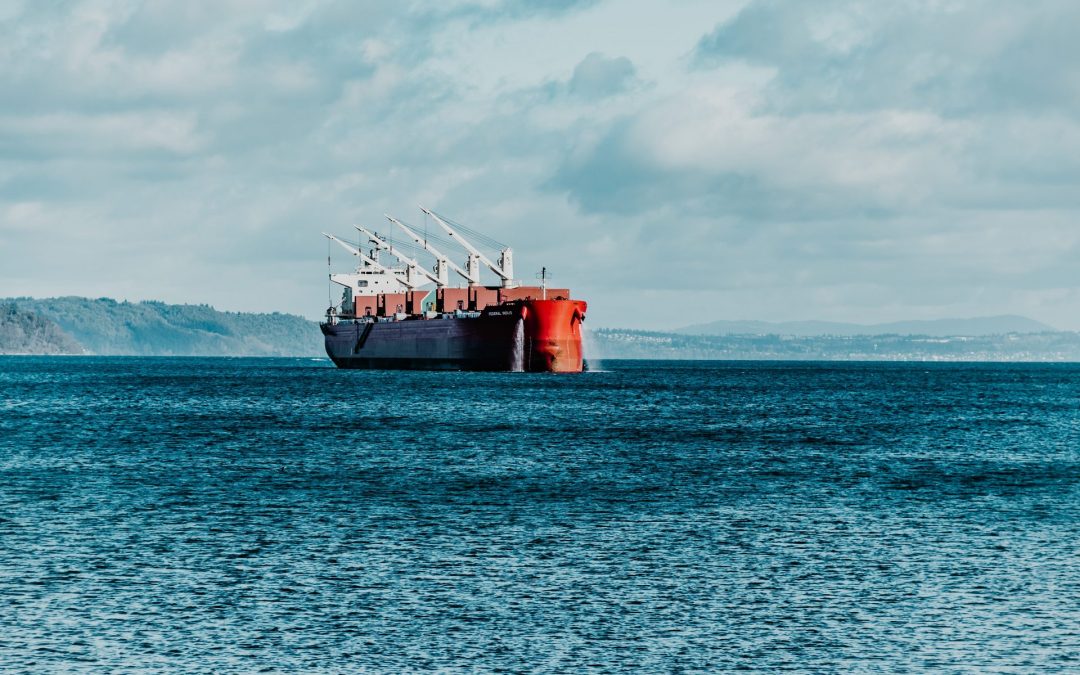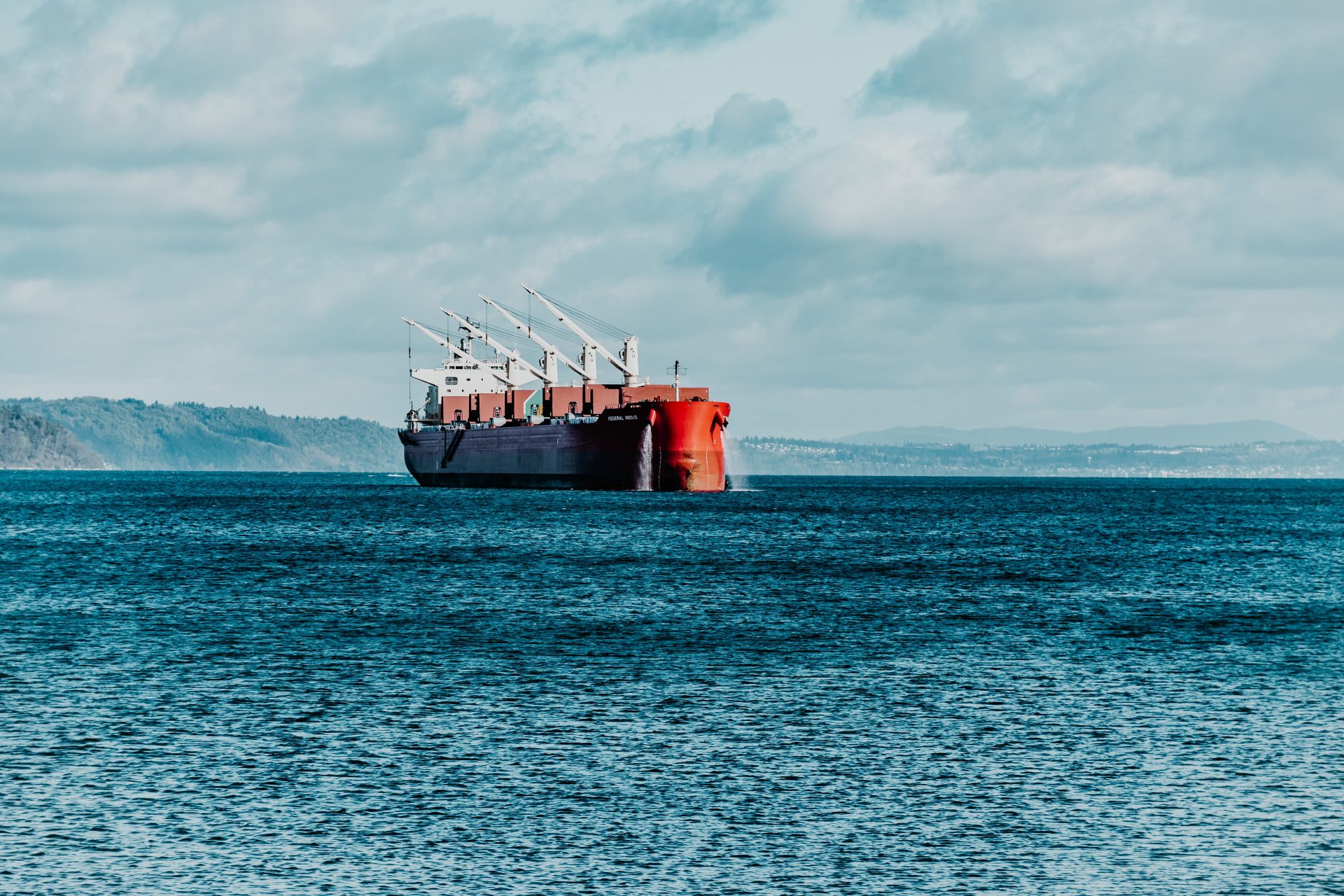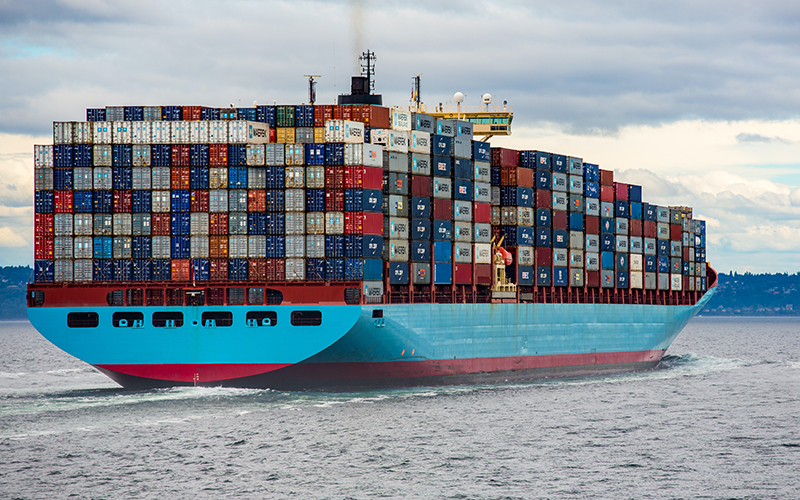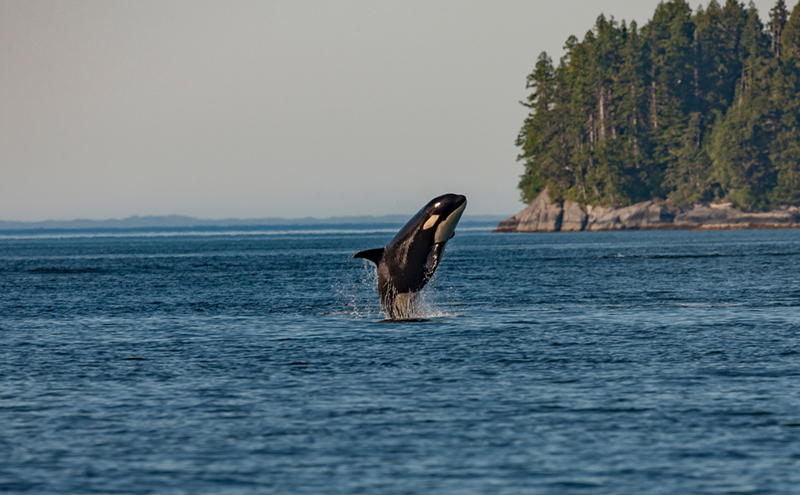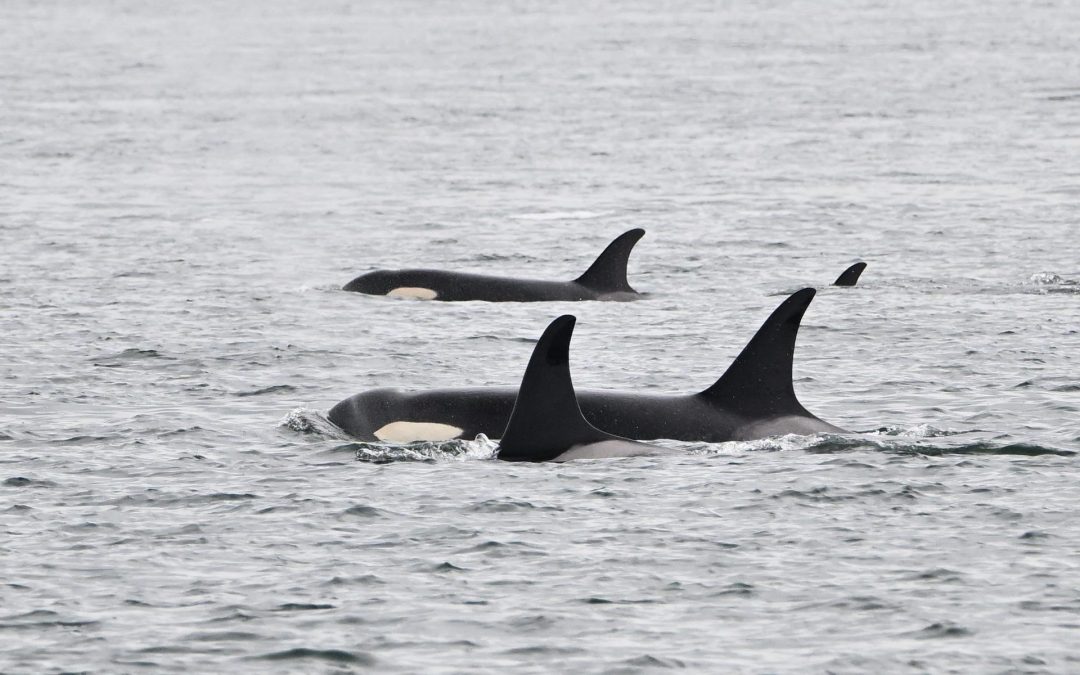
Whale Sightings Result in Real-Time Alerts to Commercial Mariners via WRAS app; Members of the public can participate in whale detection
Seattle, WA. July 15, 2024: Whale detections from a popular Puget Sound whale sightings network now feed into a transboundary alert system, dramatically increasing commercial mariner awareness of nearby whales.
The Whale Report Alert System (WRAS), is a free app available for commercial mariners. It sends real-time alerts to mariners when they are within 10 nautical miles of a confirmed whale. With this information, mariners can alter their course or slow their speeds to reduce their impact on whales.
WRAS was developed and is operated by the global conservation organization, Ocean Wise. Until recently, most whale sightings reported to WRAS were from Canada, with relatively few in Washington waters, mainly from Washington State Ferries.
Connecting a popular whale sightings network to the alert system
Orca Network, a Washington State non-governmental organization, manages a popular whale sighting network in Puget Sound and throughout the endangered Southern Resident killer whale’s range. Whale sightings are collected through Facebook, phone and email.
“Orca Network utilizes a network of citizen scientists, staff, volunteers, organizations, and agencies to collect whale sightings through a collaborative community effort. The success of the Whale Sighting Network relies on these cooperative relationships,” says Rachel Haight, Whale Sightings Network Co-Coordinator at Orca Network.
Sightings are vetted by Orca Network staff and other experts and submitted into digital mapping systems built by Conserve.io.
“Puget Sound is part of the critical habitat for endangered Southern Resident killer whales. Orca Network’s Whale Sighting Network documents their movement and behavior in this area, which informs management decisions and conservation efforts like Quiet Sound,” says Serena Tierra, Whale Sightings Network Co-Coordinator at Orca Network.
Quiet Sound, a Washington Maritime Blue program focused on reducing impacts of commercial shipping on the endangered Southern Resident killer whales, has been working since 2021 to improve the usability of WRAS for mariners transiting WA waters. Quiet Sound worked with Orca Network, Ocean Wise, and the Acartia data cooperative to support the creation of a technical connection and process for sending Orca Network data to WRAS.
“Puget Sound is lucky to not only have so many passionate community scientists dedicated to observing whale presence, but organizations like Orca Network who verify and record that data. We knew that if we could bring these whale sightings into WRAS, it would become immediately more relevant for Washington professional mariners”, says Rachel Aronson, Program Director at Quiet Sound.
To plug Orca Network’s sightings into the alert system, Ocean Wise developed a new API for WRAS. Open-source developers with Acartia, led by Ali Alayrus, connected the local sightings network to WRAS via the Acartia data cooperative.
“Acartia is a decentralized data cooperative designed for sharing locations of marine mammals in the Salish Sea, and from California to Alaska. Through its public API, Acartia provides open access to real-time and archived data collected by community scientists for end users in Washington, and now in Canada, as well.” says Scott Veirs, President of Beam Reach Marine Science and Sustainability.
Exponential increase in sightings and alerts to mariners
Since integrating Orca Network’s data in October 2023, there has been an exponential increase in sightings and subsequent alerts to mariners. More than 75% of whale sightings submitted from Washington to WRAS in April 2024 came from Orca Network via Acartia. In April, 467 sightings from Washington state led to 1500 alerts, a 1000% increase from last April (one whale sighting can lead to multiple alerts if multiple commercial mariners are in the area).
“This is a fantastic example of transboundary collaboration – multiple partners came together to provide mariners transiting between Washington and Canada with a seamless notification experience,” says Alex Mitchell, Whale Report Alert System Manager at Ocean Wise.
It’s important to note that WRAS is only available to professional mariners. Mariners can email WRAS@ocean.org to apply for approval to download the app and receive real-time alerts from WRAS.
Future collaborations might connect other local whale sightings networks in other parts of Washington.
June is Orca Action Month
Members of the public are encouraged to participate in their local sightings networks, such as Orca Network, and listen to detect whales live underwater on orcasound.net.
For more information, please contact:
- Quiet Sound at: info@quietsound.org
- Ocean Wise at: pr@ocean.org
- Orca Network at: info@orcanetwork.org
- Orcasound at: info@orcasound.net

